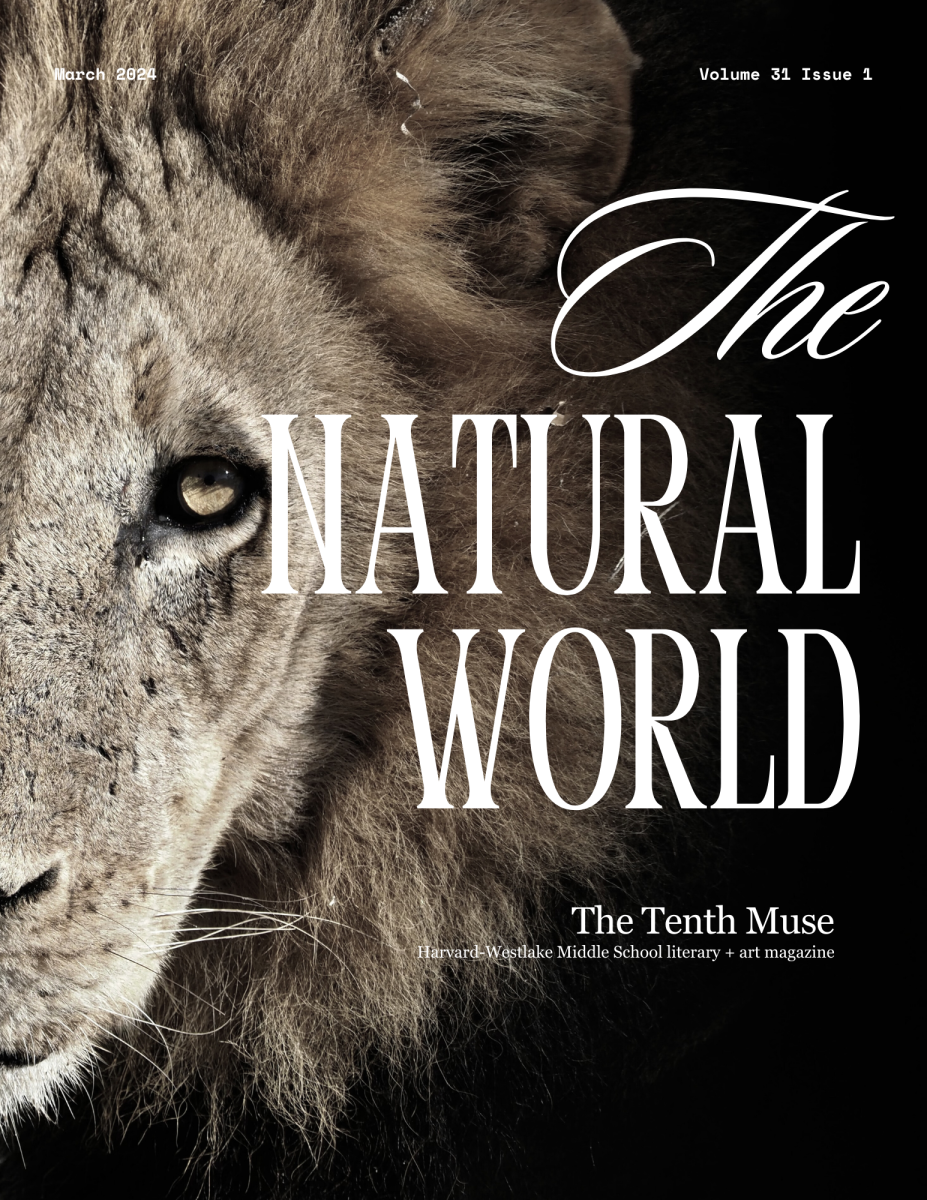“If Beale Street Could Talk,” based on the book by James Baldwin, exemplifies the pitfalls of director Barry Jenkins’ literary, sprawling directorial style. Even with his great passion and purpose, all that Jenkins manages to accomplish is to show that the “un-filmable” novel this movie is based on is just that. In fact, the translation from the page to the screen seems to have only detracted from the film, as it loses the detail and pathos of books without making use of the realism or the pictorial component of cinema.
The plot is that, while a woman, played by Kiki Layne, is pregnant, her fiancé, played by Stephan James, is jailed for a crime. The movie follows her as she tries to prove his innocence while reminiscing about when they were together. At least, that is the plot in theory.
In practice, “Beale Street” follows its main character as she goes on a series of seemingly unconnected scenes showing different problems that befall her. Issues are raised, but the movie never quite follows through with them. Rather than analyze a particular plot element to its conclusion, “Beale Street” opts to simply move on to a new one. The movie takes on a sort of list format that only succeeds in boring the viewer while leaving them with nothing more than a disconnected thought.
That is not to say there is absolutely nothing good about “Beale Street.” The dialogue succeeds in creating an environment of realism, and the chemistry between the two main performers is palpable.
However, here too, we see a dose of Jenkins’ misinformed cinematic style. The film is incredibly literary, to the point where one must doubt the source material’s adaptability into film. When the main character is not narrating over either a scene that could have done without narration to begin with or her Microsoft PowerPoint presentation on her dire situation, characters are trading a dialogue and speech heavy scene that makes no use of its visuals, a failure of production. It makes one wonder why this is a film at all instead of, say, an audiobook.
It’s not the cinematography, which adds nothing. With a constant usage of boring and overplayed techniques such as shot-reverse-shot and a low depth-of-field, it uses its cinematography only to instruct the audience, which apparently cannot be trusted to decide on its own what is important in a scene, what should and should not be prioritized. This again recalls its literary roots. Of course, in book, perspective mandates the reader may only focus on some characters. But, in cinema, all this does is obscure the emotion of other characters within the scene. In response, Jenkins uses narration to simply tell us what characters are feeling. The contrived feeling that this creates undermines any realism or emotion that Jenkins attempts.
And this all points to one thing: that this film never should have been made in the first place. The original novel was uncinematic, in fact, it worked because it was a book that used its status as literature to create depth. Perhaps this would work if there was great change made in adapting the novel, but the veneration the filmmakers clearly had for the original made that simply impossible. Instead, we are treated to an overly literary and faithful adaptation. However, in attempting to replicate the literary magic of the book onto the screen, the only thing Jenkins succeeded at was to suck out all the original’s life.










